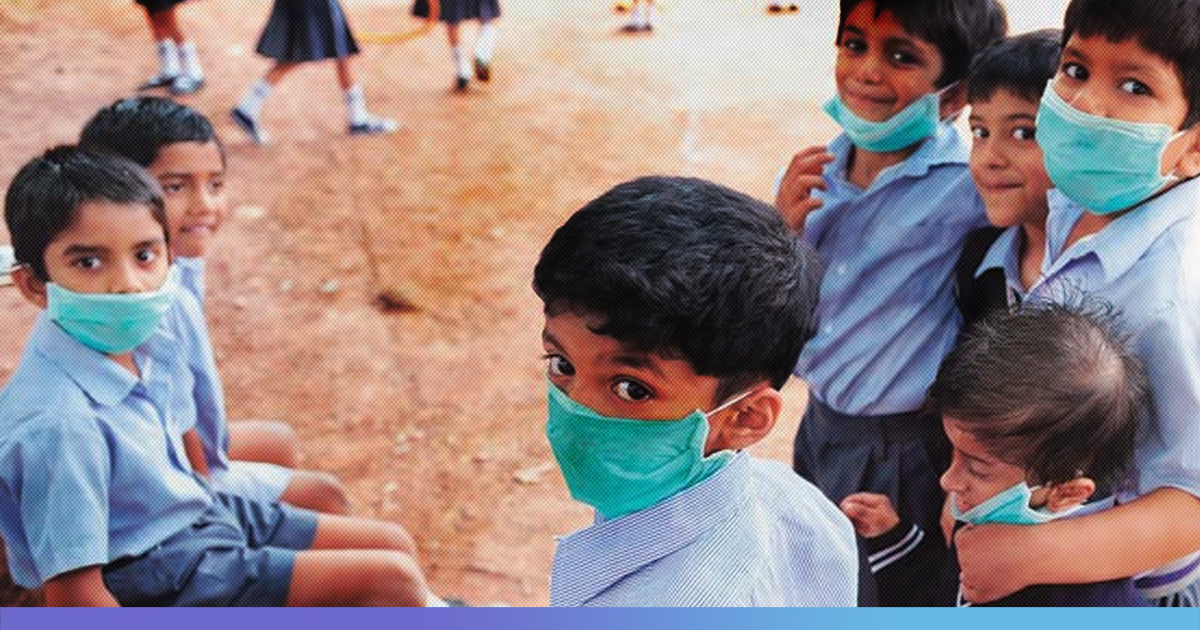Unicef Executive Director, Henrietta Fore, has warned that air pollution can affect children’s brain development and called for urgent action to deal with the crisis gripping India and South Asia. “I saw first-hand how children continue to suffer from the dire consequences of air pollution,” Fore, who recently visited India, said on Wednesday.
“The air quality was at a crisis level. You could smell the toxic fog even from behind an air filtration mask. From every neighbourhood, you could see the pollution obscuring buildings, trees and people. Schools and offices closed or curtailed hours. With winter approaching, the situation is set to become even worse,” she said.
Henrietta claimed that children were vulnerable to pollution, as they have smaller lungs, breathe twice as fast as adults, and lack the immunity developed with age.
Air pollution is connected to pneumonia, asthma, bronchitis, and several respiratory infections. Air pollution damages brain tissues and affects cognitive development in babies and young children, that could lead to lifelong consequences affecting their learning capabilities.
#AirPollution damages brain tissue & undermines cognitive development in babies and young children, leading to lifelong consequences. @UNICEF is calling for urgent action to address this air quality crisis. @unicefchief Statement on toxic air in South Asia https://t.co/6AKdLXEomf
— UNICEF India (@UNICEFIndia) November 6, 2019
“The toxicity to children’s brain development and health is also toxic to society, which no government can afford to ignore,” she said. She also alarmed about an increase in health expenditure if children suffer and require care and treatment. Parents may need to stay home too, to care of their children, she said.
“UNICEF is calling for urgent action to address this air quality crisis. Governments in the region and around the world should take urgent steps to reduce air pollution by investing in cleaner, renewable sources of energy to replace fossil fuel combustion; provide affordable access to clean public transport; increase green spaces in urban areas; change agricultural practices and provide better waste management options to prevent open burning of harmful chemicals,” Henrietta said.
The Central Pollution Authority declared ‘Public Health Emergency’ in the national capital on November 1. On Sunday, November 3, the Air Quality Index (AQI) touched 625, considered “severe-plus” level leading to the shutdown of schools and diversion of flights. Apart from Delhi, nine cities in Uttar Pradesh and five in Haryana recorded Air Quality Index above 400, which is considered ‘severe’ according to Central Pollution Control Board standards on November 4.
The deteriorating air quality compelled the state governments to ban construction and shut schools across Northern parts of India.
Also Read: ‘You Have No Right To Be In Power’, SC Slams State Govts For Failing To Ban Stubble Burning











